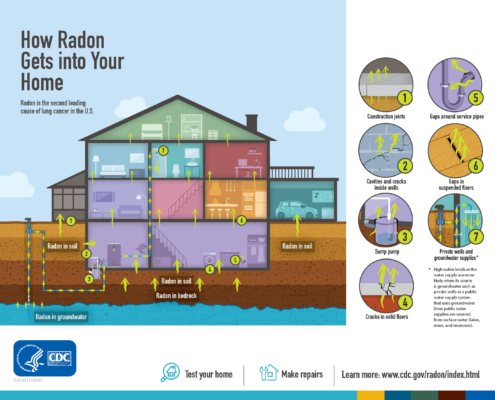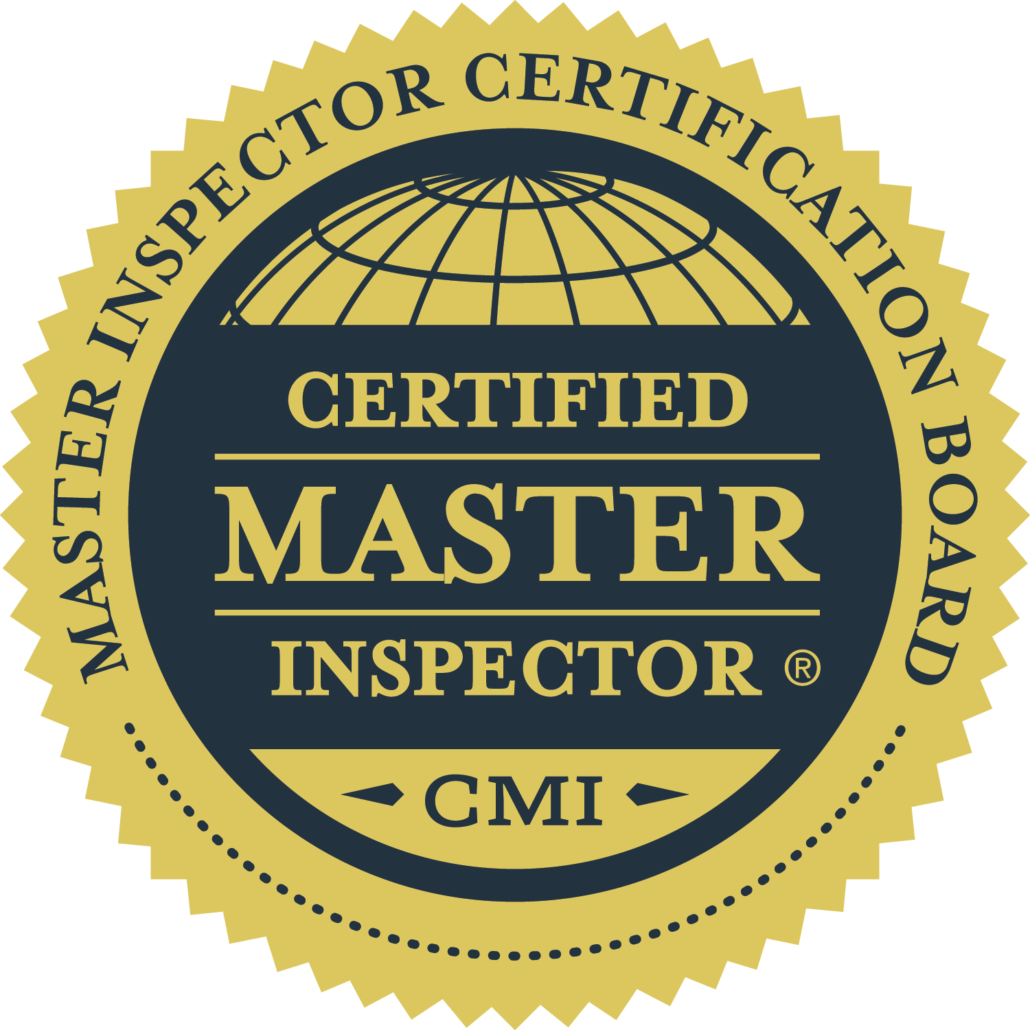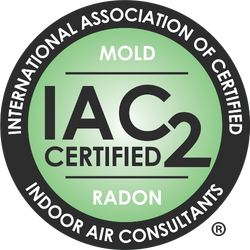
Radon Testing: 5 Powerful Reasons It’s Critical in NJ
Radon Testing in NJ
Posted by Honest Home Inspections NJ
Radon testing is one of the most important—and overlooked—steps homeowners can take to protect their family’s health and their home’s value. In New Jersey, where natural uranium deposits and…




